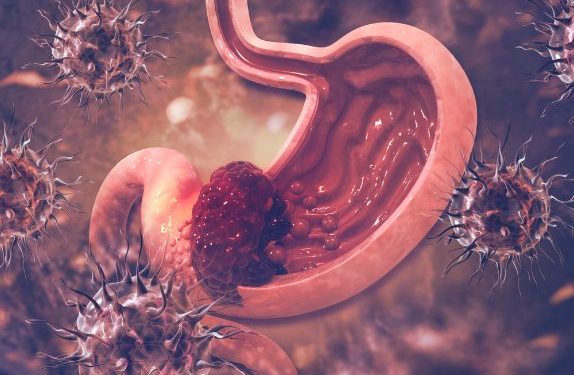The announcement of country star Toby Keith being treated for stomach cancer — also known as gastric cancer — offers an opportunity to educate the public on this rare disease, which accounts for fewer than 1.5 percent of all new cancer diagnoses and less than 2 percent of cancer deaths. Stomach cancer is more common in older people and it is typically discovered at a later stage than other types of cancer.
The multi-platinum singer, who is 61 and has been on a break from touring for the past six months to focus on his health, shared news of his condition in a post on social media Sunday. “I have been treated for stomach cancer over the last six months – so far, so good,” he wrote. “I have received surgery, radiation and chemotherapy. I will be back on the road in the fall.”
In addition to performing for more than 250,000 armed service members at more than 100 USO shows, Keith has established a foundation that supports children with cancer. On Giving Tuesday, he posted a photo with a young cancer patient and encouraged people to donate to his foundation.

Stomach cancer, which affects the lining of the stomach, usually starts in the cells that line the wall of the stomach and grows into tumors. It can spread to other parts of the body, where it becomes metastatic and can be difficult to treat. According to the American Cancer Society, about 26,380 cases of stomach cancer are diagnosed in the United States each year, with more men than women affected and a lower survival rate for this type of cancer.
Whether a patient survives stomach cancer depends largely on how early it is detected and the stage at which it is diagnosed, notes Ramon Emilio Jimenez, MD, FACS, a surgical oncologist who heads the upper gastrointestinal tumor program at Miami Cancer Institute. “If it is found in its earliest stages – in stages 0 or 1 – the five-year survival rate is 70 percent,” he says. If it is diagnosed in stage 4, when the cancer has spread to other parts of the body, the survival rate drops to 6 percent.
No screening test exists for stomach cancer, but some risk factors can be identified. For example, the hereditary diffuse form of stomach cancer can be more prevalent in people with hereditary metabolic disorders or who have a history of gastrointestinal ulcers, inflammation, or infections such as H. pylori and Epstein-Barr virus. In addition, stomach cancers that begin in different sections of the stomach can have different symptoms and may be hard to recognize.
Because of this, early diagnosis is critical. Those who have any of the following signs and symptoms should see their primary care physician for tests right away









